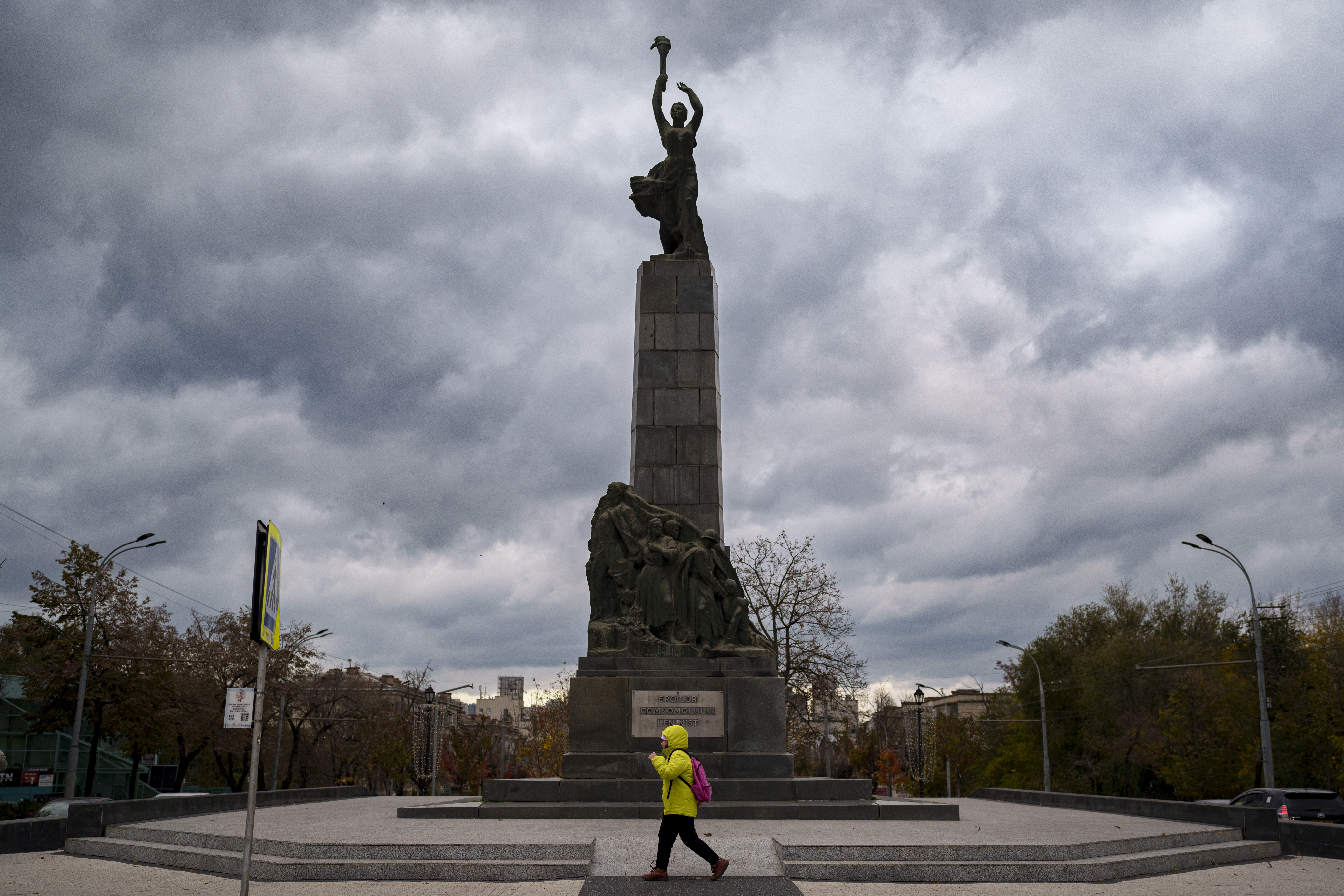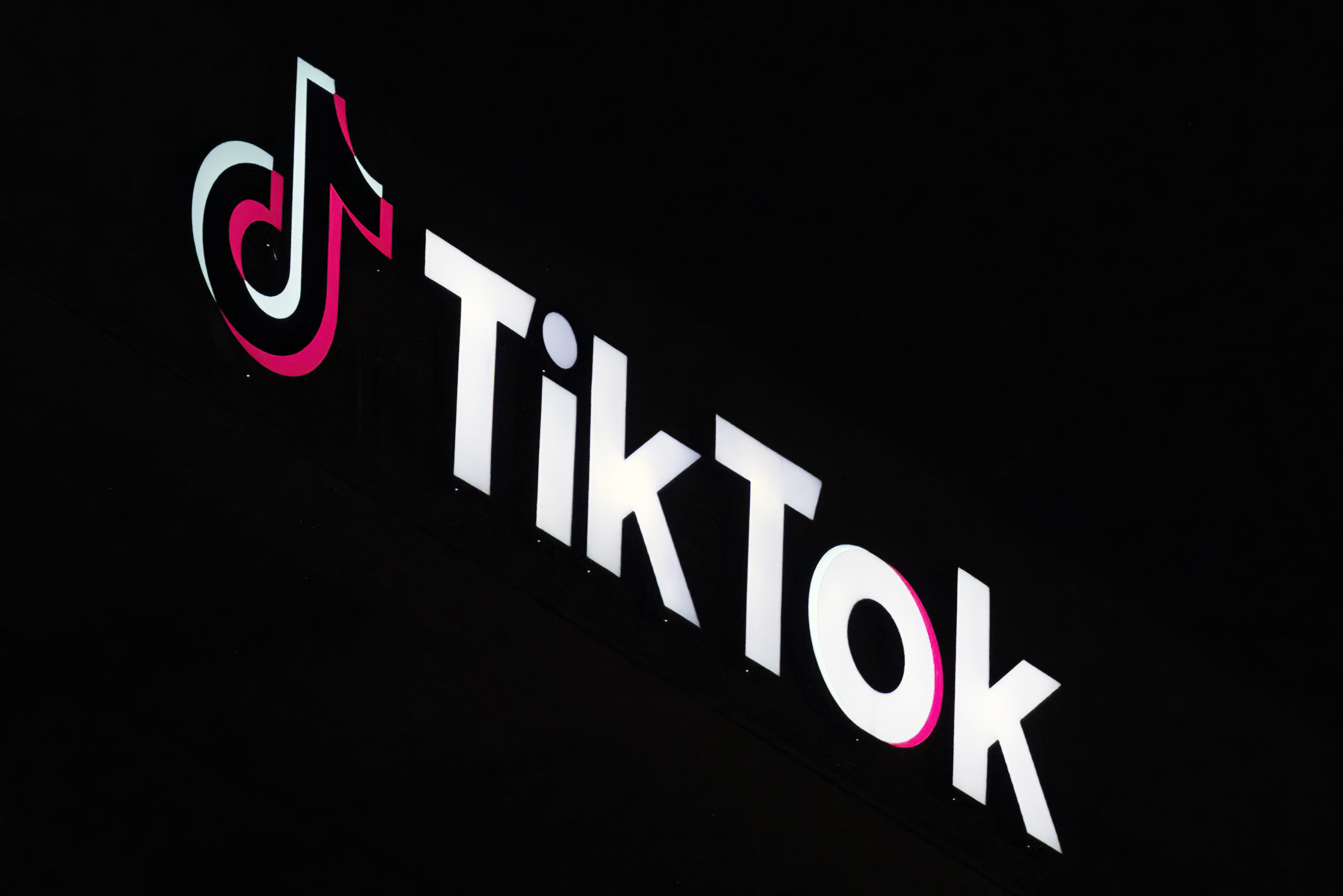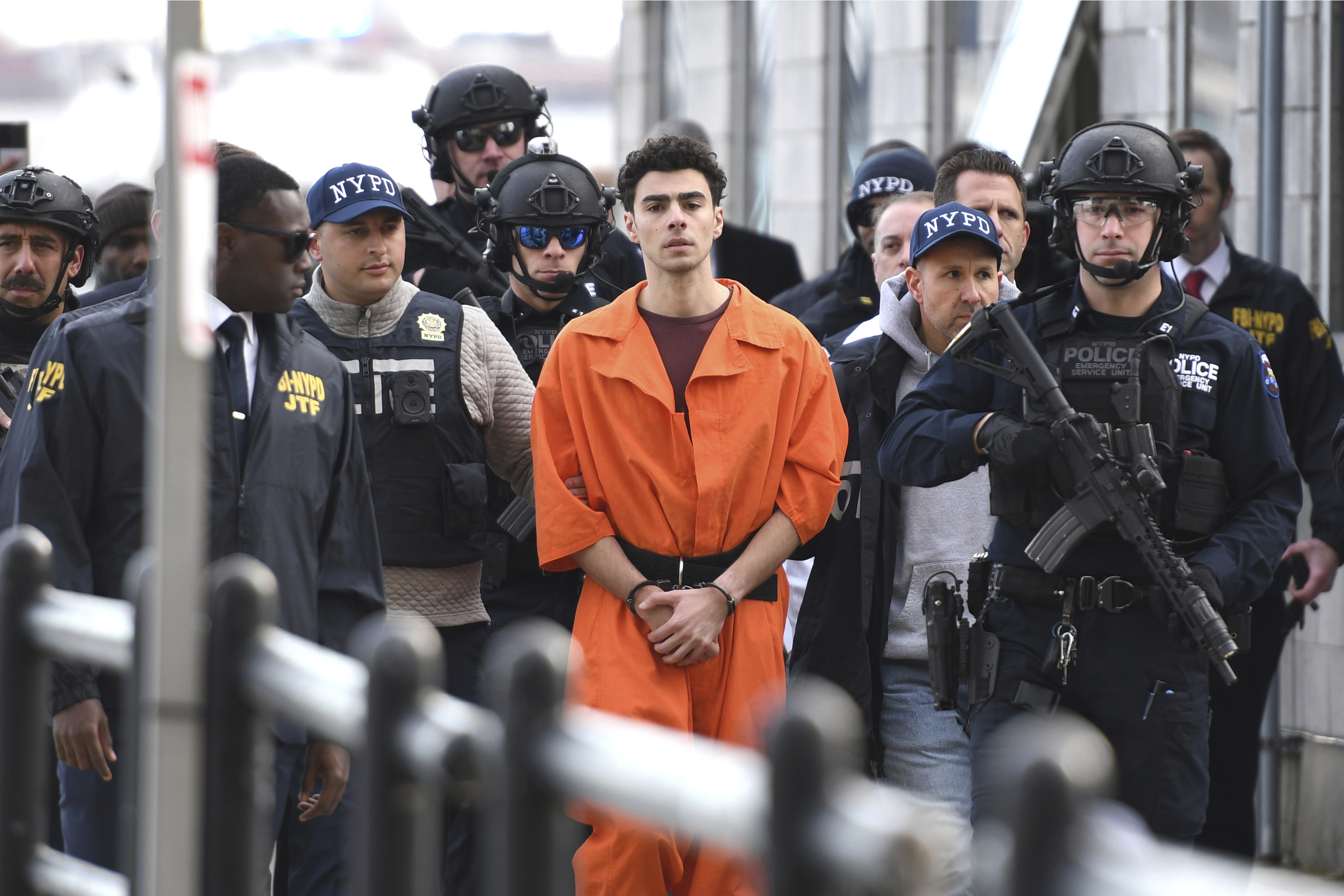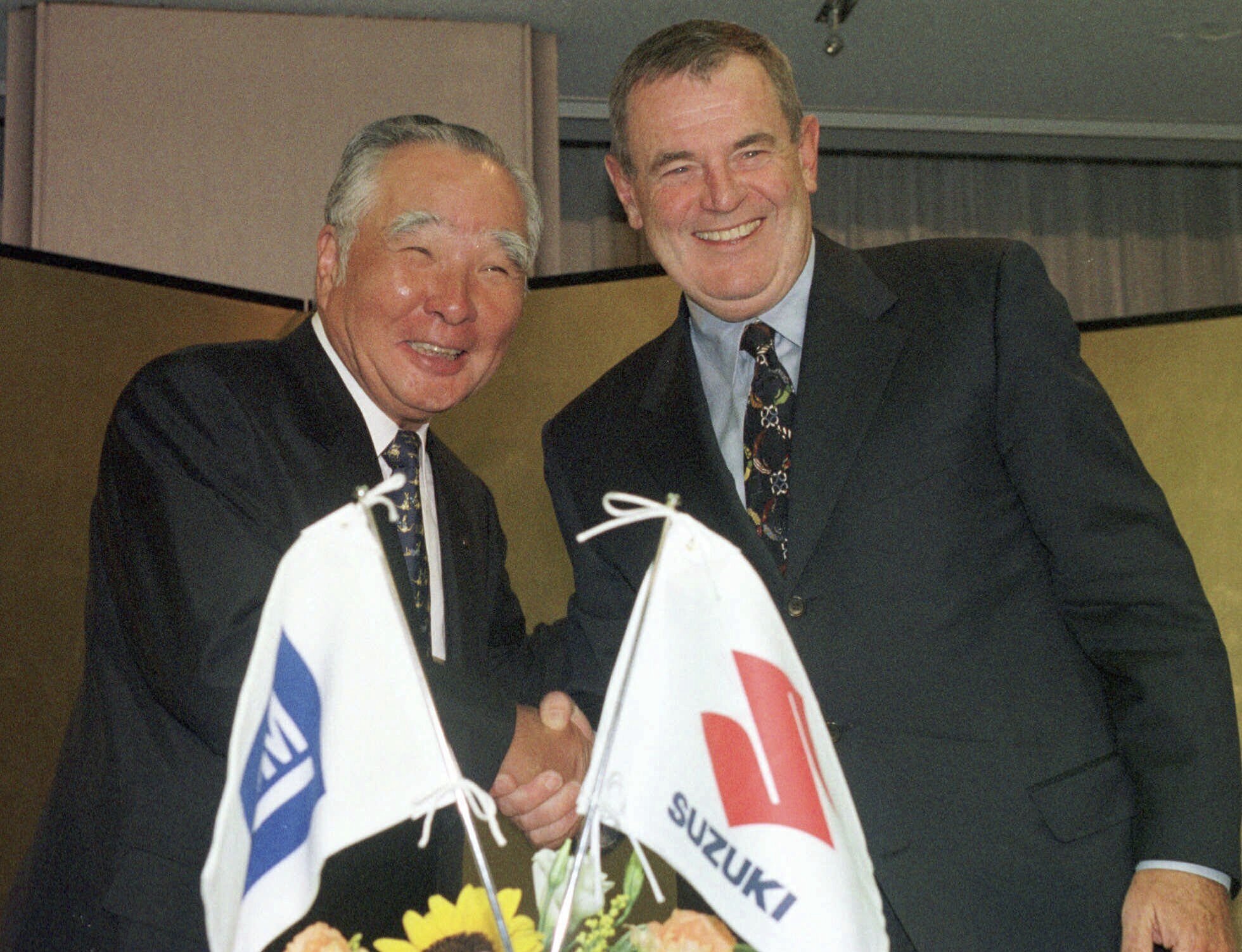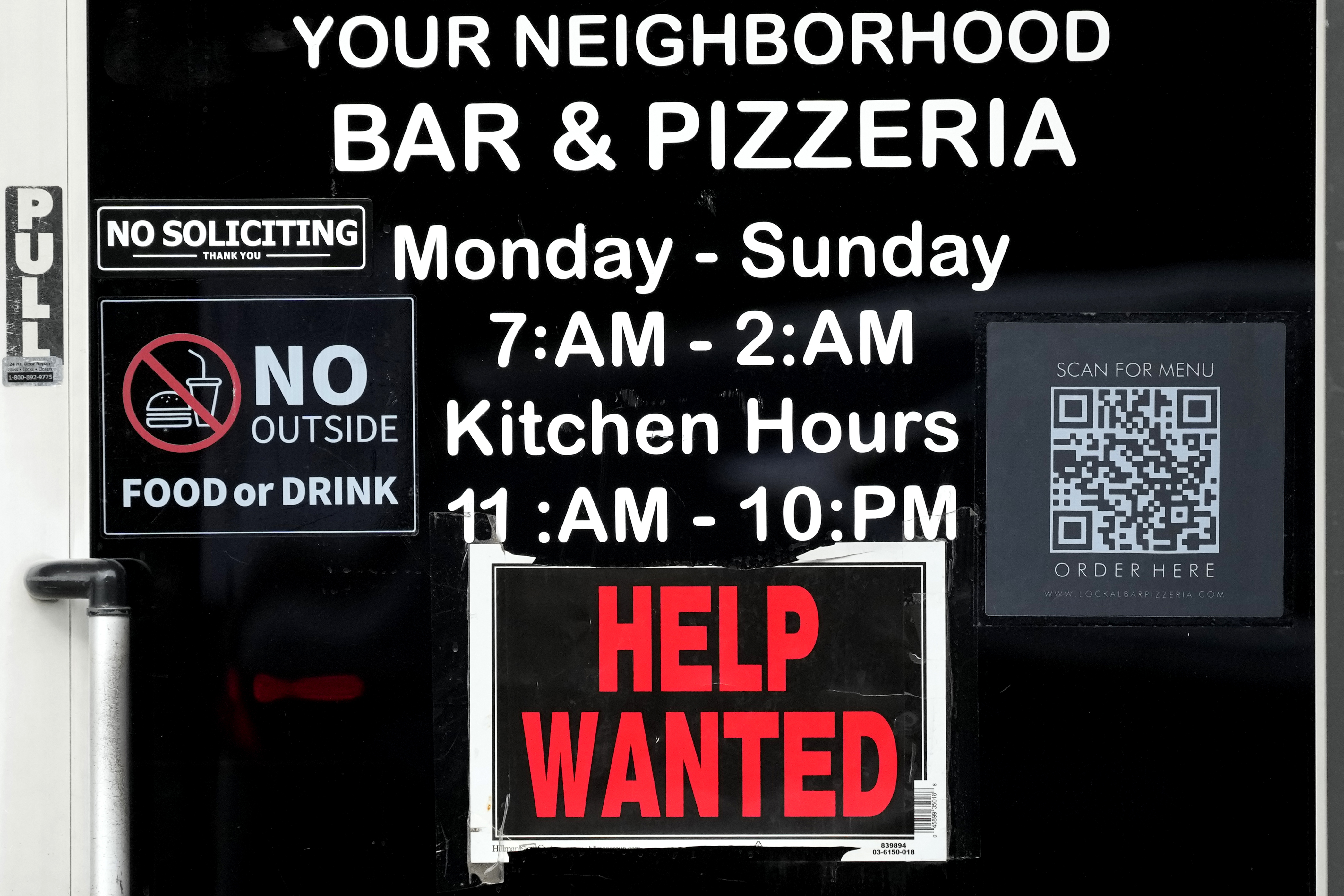NORFOLK, Va. (WAVY) — Brandon Caserta was a service member who didn’t get the chance to become a veteran, but his legacy should help veterans for many years to come.
Caserta’s death by suicide five years ago inspired the Brandon Act, implemented earlier this year by the Pentagon. It makes it easier for service members to get mental health resources.
“You get help while you’re in, it follows you, and you know what to expect when they become veterans,” said Teri Caserta, Brandon’s mother.
Brandon Caserta died by suicide five years ago on Naval Station Norfolk. By removing stigma while someone is active, Caserta’s parents believe the new law will lessen stigma later when they become a veteran, and act as a beacon and a gateway for military mental health resources already in place.
“We strongly believe that,” said Patrick Caserta, a Navy veteran himself.
Brandon wanted to be a SEAL, but like the vast majority of those who start the course, he was unable to complete it. Afterward, he was bullied and harassed, even by his own chain of command.
“That stigma was huge,” Patrick Caserta said. “It makes you feel alone, it makes you feel not wanted, you don’t fit in.”
His parents fought for the law and it was implemented by the Pentagon earlier this year.
“Now, service members can’t be refused for asking and getting help, no matter what type of help it is,” Teri Caserta said.
Kayla Fallon-Arestivo runs Trails of Purpose, a non-profit dedicated to mental health counseling for active duty and veterans, using a pastoral setting in Chesapeake with more than two dozen animals.
She has looked into the eyes of troubled service members, who until now, did not feel empowered.
“I don’t think a lot of people right now within the military are used to advocating for their own mental health,” Fallon-Arestivo said. “In fact I know that they’re not.”
She has seen the difficulty and the blowback those members experience, when the stress of their military and personal lives begins to cross lines.
“Some of the direct feedback that we get live-time is that they’re afraid of retaliation,” she said. They’re afraid of speaking up. They feel guilt or shame if they do, because they should be able to just muscle through it and deal with it.”
For the Brandon Act to have lasting effect and carry over to veterans, Fallon-Arestivo said positivity and momentum are key, and now is no time for the naysayers.
“So I’m curious to see how the different generations do trend with the Brandon Act implemented.”
With easier access and more confidentiality surrounding mental health resources comes the promise of brighter days.
“Implementation of the Brandon Act is definitely a step that gets us to the lessening of the mental health crisis within veterans,” Fallon-Arestivo said. “The prediction is that there would be a lessening in addiction, unhealthy coping behaviors and homelessness.”
Brandon’s parents get constant contact from military families in crisis, but they’re starting to get more hopeful messages that the Brandon Act is now part of their arsenal of mental health resources.
“Service members are using the Brandon Act and they are getting the help that they need, and that is what we have wanted since day one,” Teri Caserta said. “Brandon’s legacy will live on forever, and I’m very proud of that.”
